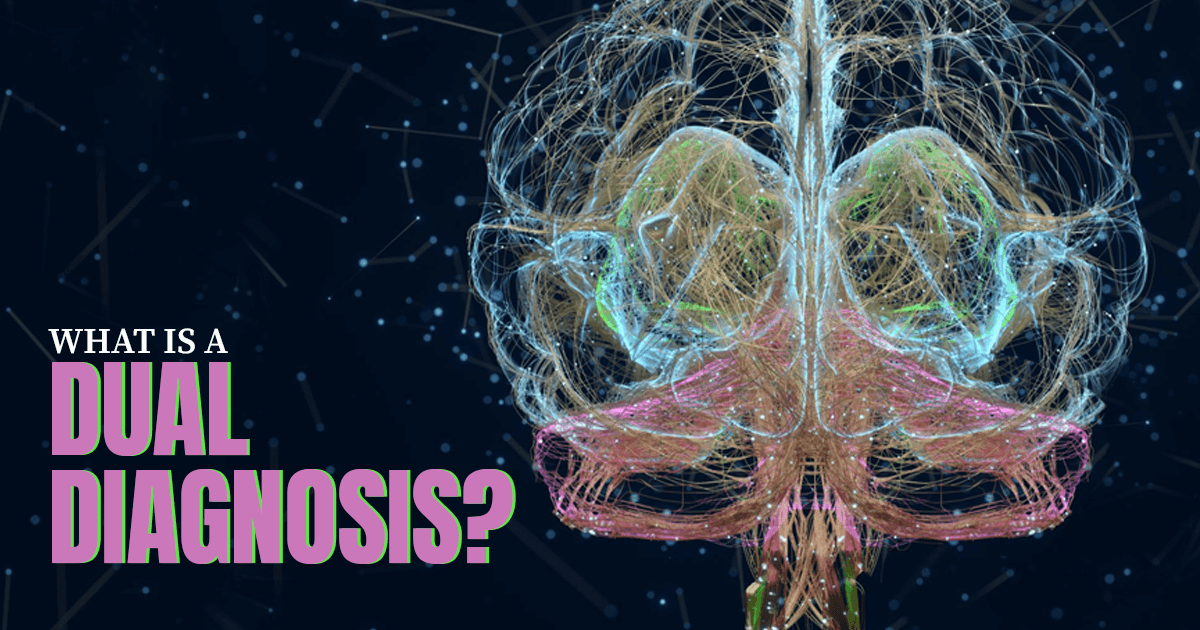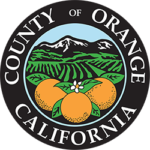A dual diagnosis is also called a co-occurring disorder, and it occurs when a person is diagnosed with both a mental health disorder and substance use. Because symptoms of one condition can conceal or exaggerate those of the other, it’s sometimes impossible to tell which emerged first, which can make diagnosis more challenging. According to estimates, more than half of those diagnosed with a significant mental illness are also addicted to drugs or alcohol.
According to a study done by the Substance Abuse and Mental Health Services Administration, over 7 million people in the United States live with a mental health disorder and substance abuse at the same time. From these stats, more than half of the victims were men.
What is a Substance Abuse Disorder?
When people can’t regulate their legal or illegal drugs or alcohol use, they are diagnosed with a substance use disorder. Even with significant negative repercussions like troubles at home or work and health issues, the individual continues to use these substances. Substance use disorder is a form of mental health disease caused by the detrimental effects of drugs and alcohol on specific brain functions.
What is a Mental Health Disorder?
Mental illnesses are defined by the American Psychiatric Association as health problems involving changes in emotion, thinking, or behavior. Mental illnesses, often known as mental health disorders, encompass a wide spectrum of ailments. Distress or issues functioning in work or family activities are linked to mental diseases.”
Why Do Mental Disorders and Substance Abuse Happen Together?
Did you know that about 65 to 90% of patients with substance abuse have at least one co-occurring disorder? To understand how dual diagnosis treatment works, you need to understand why it happens in the first place. One certain thing is that its occurrence does not mean that one caused the other, even if one appeared first. There are three likely reasons why these two medical problems occur together.
- Risk Factors: Many people do not know that they are prone to developing addictions or mental illnesses due to genetics, stress, and trauma. It is one thing to avoid substances that lead to addiction, but it is another thing for people genetically predisposed to having mental illnesses. You might be stressed out at work or have just been through some traumatic experience, and these might make you more likely to develop addictions.
- Mental Illness: those who are aware of their mental illness might temporarily try to use alcohol or other drugs to feel better about themselves. This might make them feel better for the time being by triggering the brain’s pleasure centers, but it will lead to addictions to the “feel-good” substance. Thus, leading to a co-occurring disorder.
- Substance Use: Abusing substances just to feel good usually leads to addiction. But one certain thing is that exposure to these substances causes changes to the brain, making the person more likely to develop a mental disorder.
Common Forms of Dual Diagnosis
- Anxiety Disorder: this is more common than one might think and is present in the general population in different forms. Marijuana-related problems have an especially strong link to mental diseases. Generalized anxiety disorder, social anxiety disorder, and panic disorder are all associated with an elevated risk of co-occurring disorders.
- Personality Disorder: Using drugs and alcohol does not cause personality disorders, but the addiction to these substances can be a significant influencer. According to a study, about 66 % of patients with borderline personality disorder have a strong psychological dependence on drugs, alcohol, or both! It is no surprise that people with aggression and lack of empathy due to antisocial personality disorder usually have a higher rate of alcohol abuse. The most frequent personality disorders in patients are antisocial, borderline, avoidant, and paranoid.
- Post-Traumatic Stress Disorder: This is usually linked with substance abuse because the affected person uses these substances to numb the pain or feel good. It is also connected to other disorders like anxiety and depression, which explain why PTSD patients are highly predisposed to substance abuse.
Common Dual Diagnosis Disorder That Occurs With Substance Abuse
A wide range of mental health and drug abuse issues can coexist. Substance abuse with a mood or anxiety disorder, on the other hand, is by far the most prevalent combination. According to studies, 50% or more of people addicted to drugs or alcohol also have an emotional, psychological, or mental condition. Let us look at some common dual diagnosis disorders that occur together.
- Mood Disorders: When a patient is diagnosed with a mood disorder, it is usually accompanied by bipolar disorder, major depressive disorder, dysthymia disorder, or a combination of any of them.
- Anxiety Disorders: Those with anxiety disorders usually also have a generalized anxiety disorder, obsessive-compulsive disorder, social anxiety disorder, post-traumatic stress disorder, or a combination of any of them.
How Do I know if I have a Co-Occurring Disorder?
You are advised to go to a dual diagnosis treatment center to get the correct diagnosis of your condition. However, you can also assess yourself to know the symptoms you have. The signs and symptoms that are displayed are determined by the co-occurring disorders you might have. Symptoms will include those associated with drug or alcohol abuse and those associated with a specific mental health condition. Let us take a look at some of them.
Substance abuse disorder symptoms include
- Dangerous behavior
- Changes in personality or conduct that occur suddenly
- Isolating oneself from family, friends, and favorite hobbies on a social level
- Inability to maintain control over drug or alcohol usage
- Financial or legal difficulties
- Tolerance builds up to the point where more is required to get the intended outcome
- Withdrawal symptoms when the substance is not used
Mental Health Disorder symptoms include:
- Inability to focus
- Confusion
- Sleep problems
- Changes in sex drive
- Fluctuating moods
- Immense physical pain
- Inability to function normally daily
- Constant fear
- Social isolation
Dual Diagnosis Treatment in California
A dual diagnosis is treatable; if you experience any of the symptoms mentioned above a medical professional at Story Wellness can help get you on a treatment plan that will treat the issue and the symptoms. Call (866) 476-2823 to learn more today!




